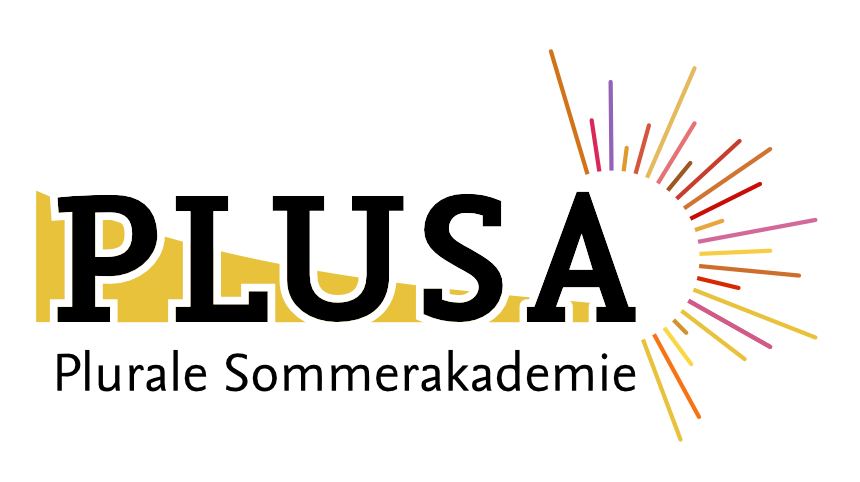Summer Academy 2023 Workshop facilitators
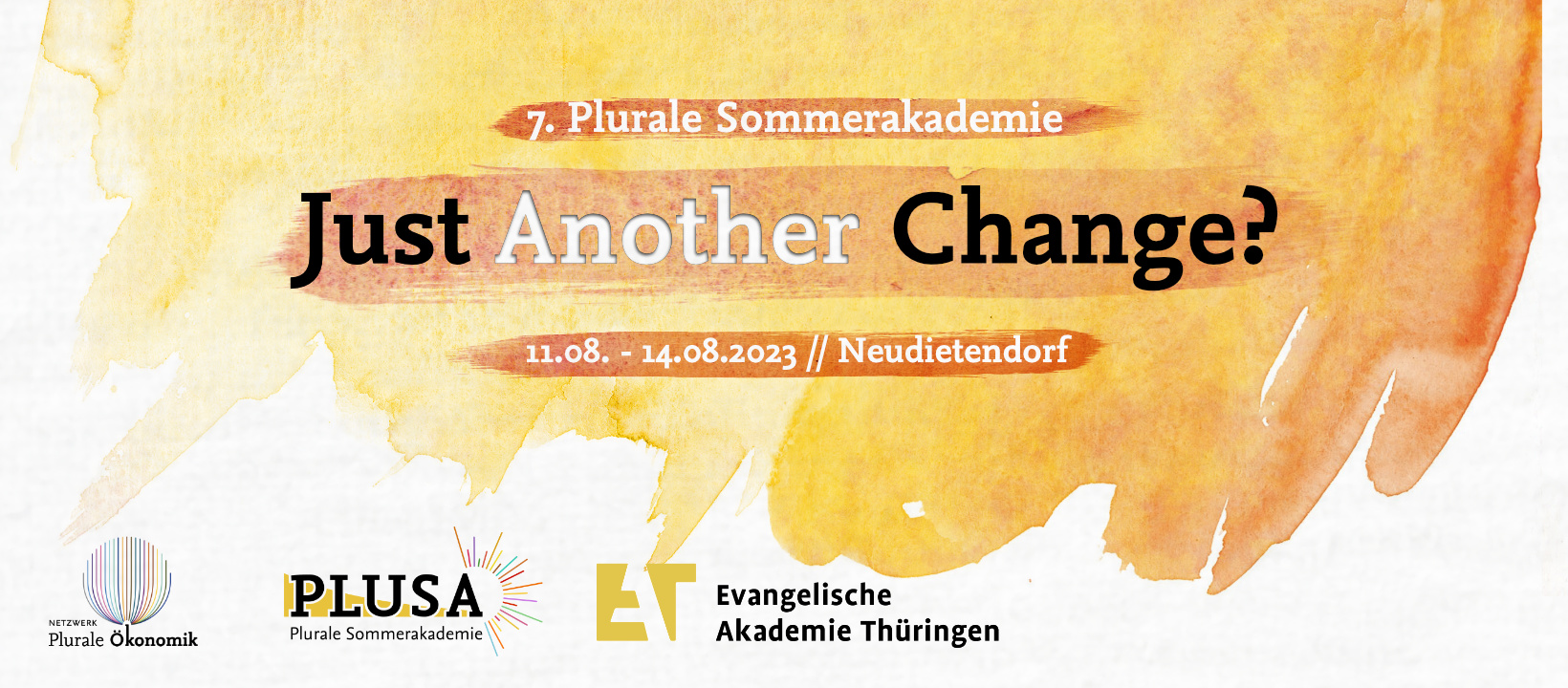
Ines Heck (University of Greenwhich)
Workshop: Introduction to Feminist Economics
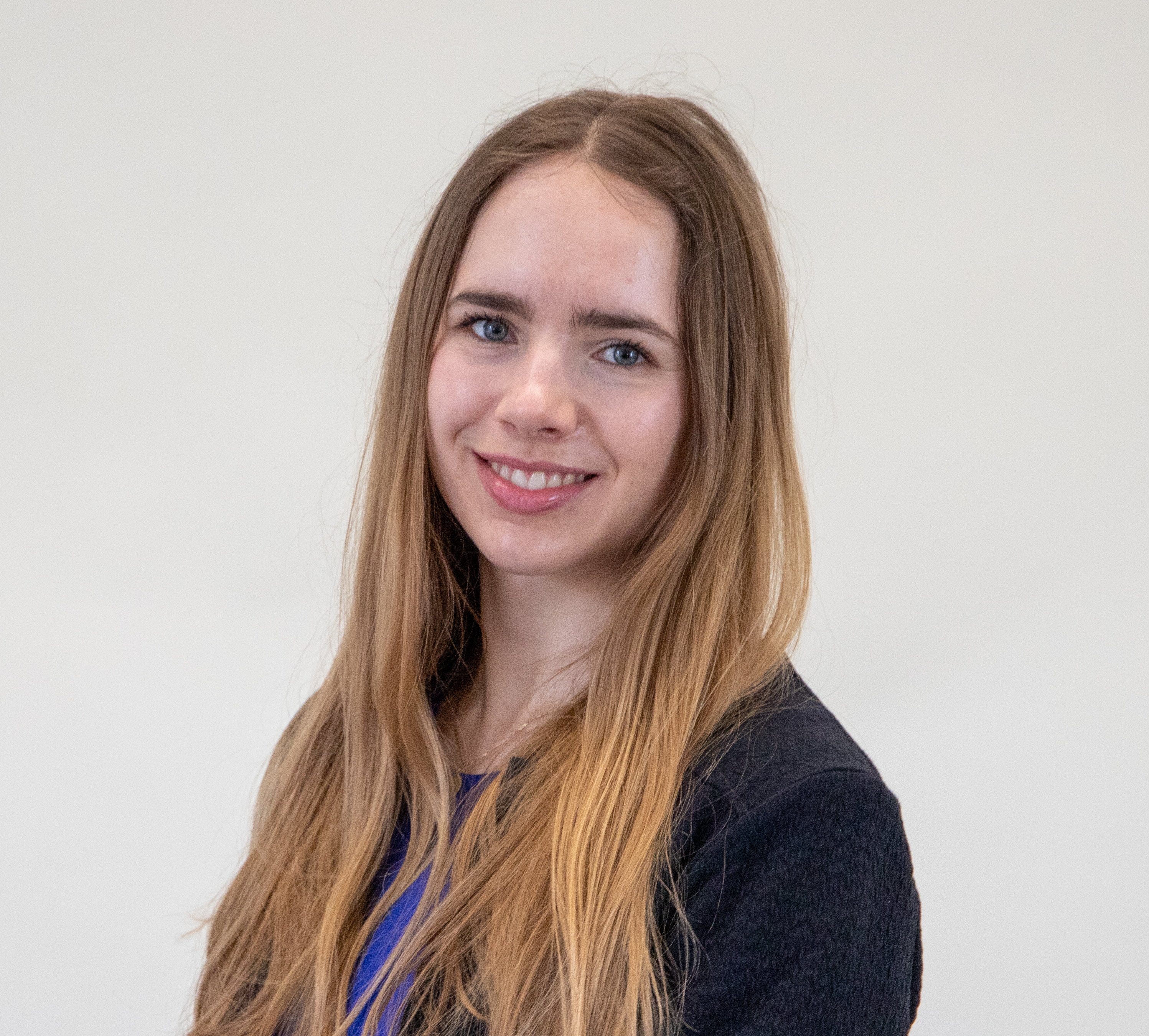 Ines Heck is a Lecturer in Economics at the University of Greenwich, UK, and currently finishing her PhD about the impact of income inequality on labor productivity in Europe. Previously, she studied economics in Greenwich, and in Graz, Austria, and is now focusing her research on wealth inequality, labor productivity, gender, and economic history. Closely attached to the pluralist network, she has been active in the Pluralist Economics Movement in Graz and co-founded Rethinking Economics at the University of Greenwich.
Ines Heck is a Lecturer in Economics at the University of Greenwich, UK, and currently finishing her PhD about the impact of income inequality on labor productivity in Europe. Previously, she studied economics in Greenwich, and in Graz, Austria, and is now focusing her research on wealth inequality, labor productivity, gender, and economic history. Closely attached to the pluralist network, she has been active in the Pluralist Economics Movement in Graz and co-founded Rethinking Economics at the University of Greenwich.
Dr. Pooja Balasubramanian (German Institute of Development and Sustainability)
Workshop: Development Economics
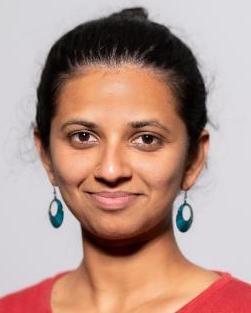 Pooja Balasubramanian is a researcher at the German Institute of Development and Sustainability (IDOS) working on the transformation of economic and social systems. Her research focuses on poverty and inequality, structural change, social protection, and inclusive policies as well as on financial inclusion and indebtedness. Pooja worked as a researcher at the University Göttingen and at the Luxembourg Institute for Socio Economic Research. She holds a Phd from the University Göttingen and previously studied development economics and social policy at SOAS and at KU Leuven.
Pooja Balasubramanian is a researcher at the German Institute of Development and Sustainability (IDOS) working on the transformation of economic and social systems. Her research focuses on poverty and inequality, structural change, social protection, and inclusive policies as well as on financial inclusion and indebtedness. Pooja worked as a researcher at the University Göttingen and at the Luxembourg Institute for Socio Economic Research. She holds a Phd from the University Göttingen and previously studied development economics and social policy at SOAS and at KU Leuven.
Moritz Zeiler (group associazione delle talpe)
Workshop: Introduction to the critique of political economy according to Karl Marx
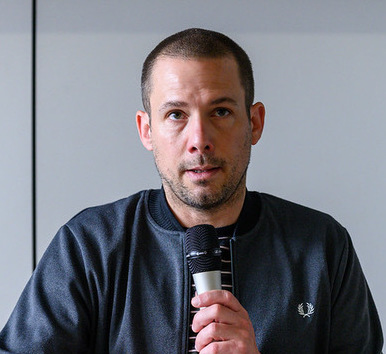 Moritz Zeiler studied history and political science and is a member of the group associazione delle talpe.
Moritz Zeiler studied history and political science and is a member of the group associazione delle talpe.
Publication: Materialist Critique of the State. Eine Einführung, Stuttgart 2017, Das Klima des Kapitals. Gesellschaftliche Naturverhältnisse und Ökonomiekritik, Berlin 2022 (edited with Valeria Bruschi) and, together with associazione delle talpe, editor of the text collections Staatsfragen. Einführungen in die materialistische Staatskritik, Berlin 2009 and Maulwurfsarbeit I-VI, Berlin/Bremen 2010- 2022.
Michelle Meixieira Groenewald (North West University, South Africa)
Workshop: Decolonising Economics
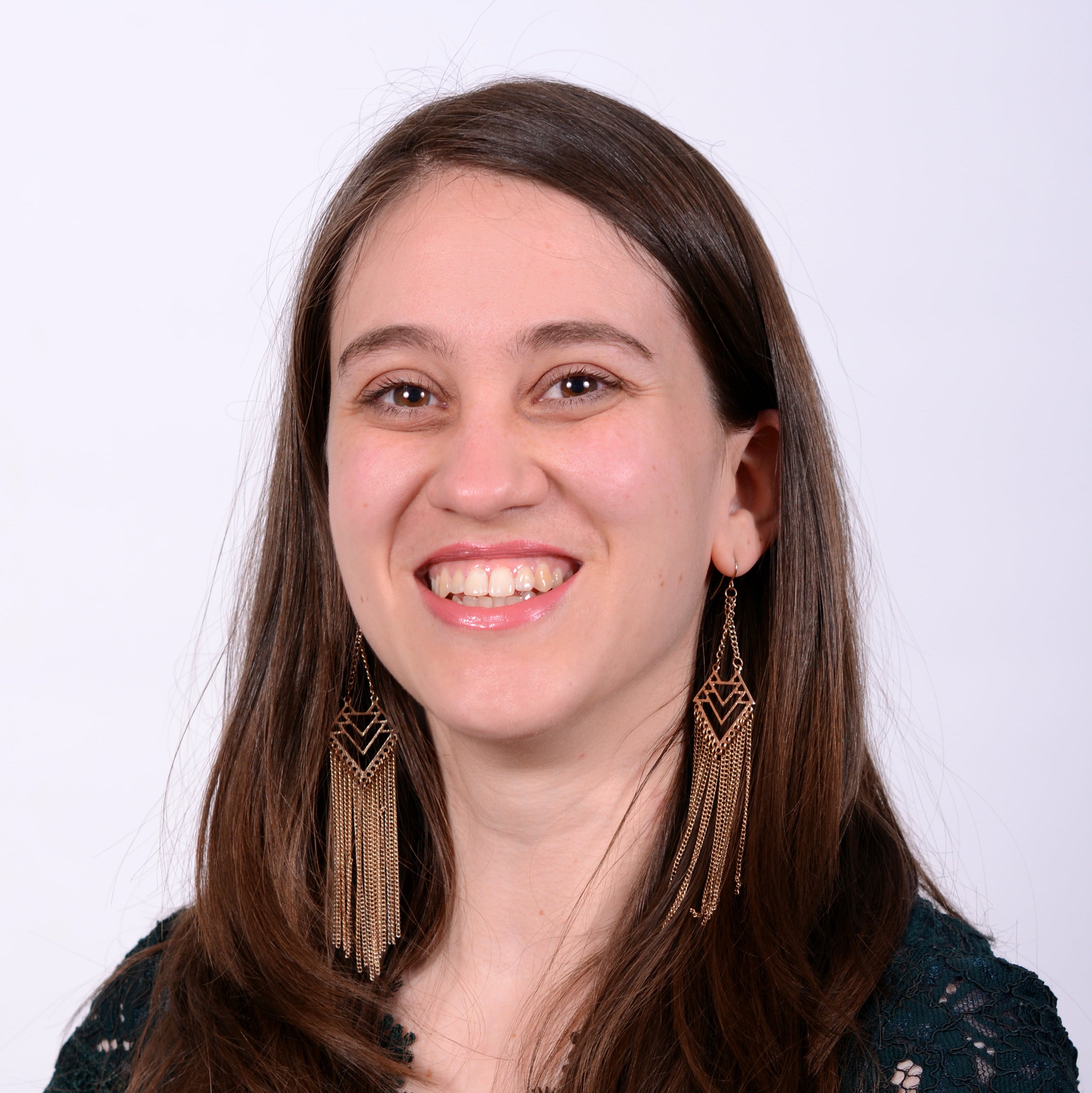 Michelle Groenewald is currently a lecturer at the North West University, Vanderbijlpark campus in South Africa. She holds an MSc in Political Economy of Development from the School of Oriental and African Studies (SOAS) at the University of London, and a MCom in Economics from the North West University. She was also the recipient of the Chevening Scholarship. She is a contributor for the 2022 book by Manchester University Press titled: Reclaiming Economics for Future Generations, which discusses the importance of diversifying, decolonising and democratizing Economics. Michelle is a steering committee member of D-Econ, a diversifying and decolonising economics network, and is a member of Rethinking Economics for Africa. Her research interests include political economy of development, curriculum reform of economics education and feminist, decolonial and ecological economics.
Michelle Groenewald is currently a lecturer at the North West University, Vanderbijlpark campus in South Africa. She holds an MSc in Political Economy of Development from the School of Oriental and African Studies (SOAS) at the University of London, and a MCom in Economics from the North West University. She was also the recipient of the Chevening Scholarship. She is a contributor for the 2022 book by Manchester University Press titled: Reclaiming Economics for Future Generations, which discusses the importance of diversifying, decolonising and democratizing Economics. Michelle is a steering committee member of D-Econ, a diversifying and decolonising economics network, and is a member of Rethinking Economics for Africa. Her research interests include political economy of development, curriculum reform of economics education and feminist, decolonial and ecological economics.
Nicholas Fitzpatrick (NOVA-Universität in Lissabon, Portugal)
Workshop: Ecological Economic and Degrowth
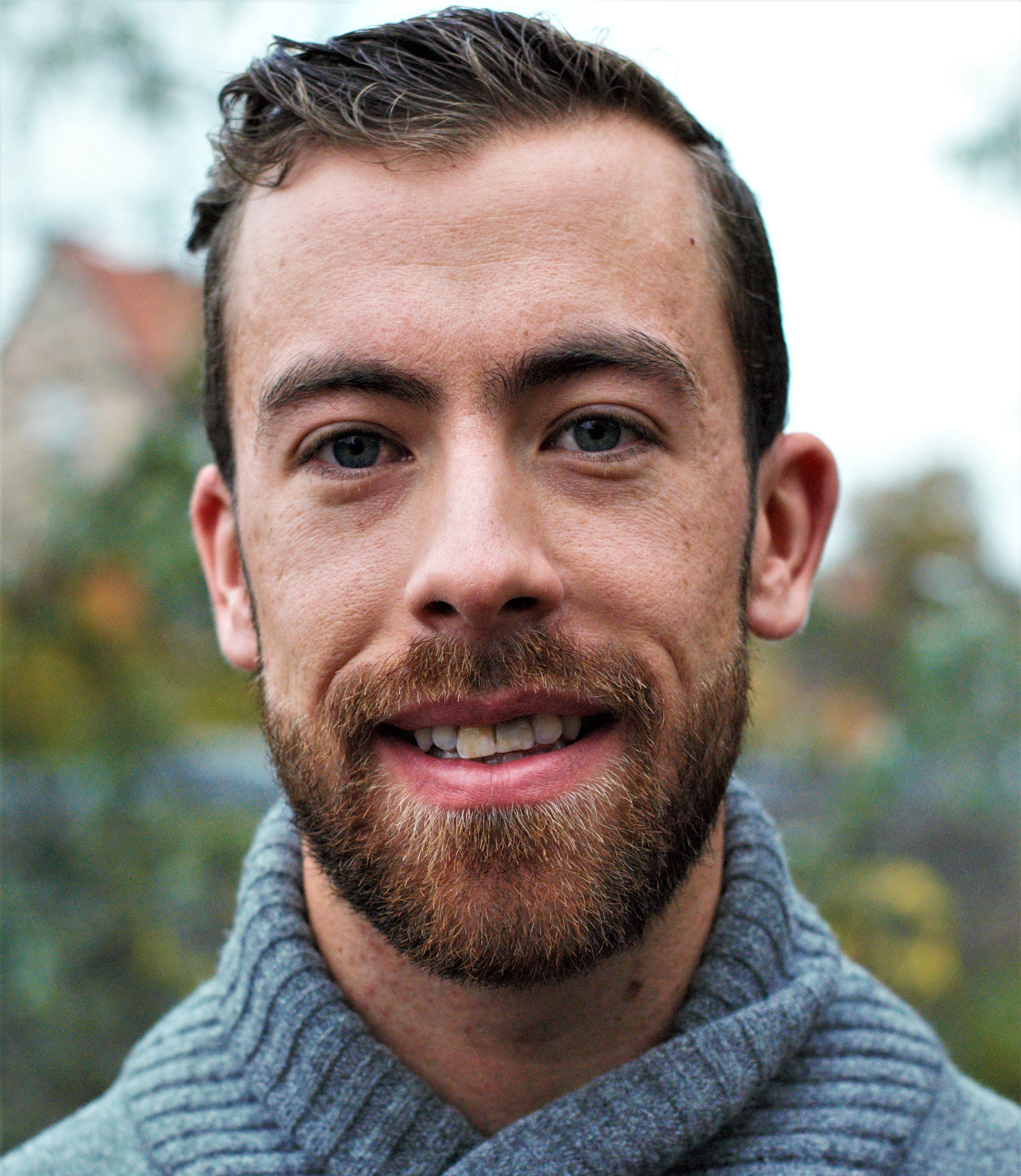 Nicholas Fitzpatrick is a PhD candidate in sustainability at NOVA University in Lisbon, Portugal. As an ecological economist, his research focuses on how to organise for degrowth. In the past, his research has focused on carbon budgets, car supply chains, and education for sustainability. His teaching experience includes being a course coordinator and examiner at Uppsala University, 2021 Barcelona Degrowth Summer School, and Nyt Europa Summer Schools (2022-23). He is also a co-fouder of the new Degrowth Journal. His previous engagements include research assistant at Stockholm Environment Institute and Swedish Institute for International Affairs, and a social-ecological economist for the Vatican. Outside of academia, he has been a youth climate negotiator at the UNFCCC (2016-2021) and part of various youth NGOs. He holds a BSc in Environmental Science and MSc in Geology (Ice & Climate) from Australia, Denmark, and Sweden. His latest research focuses on degrowth policy proposals and strategies to achieve social-ecological transformation (e.g. direct action).
Nicholas Fitzpatrick is a PhD candidate in sustainability at NOVA University in Lisbon, Portugal. As an ecological economist, his research focuses on how to organise for degrowth. In the past, his research has focused on carbon budgets, car supply chains, and education for sustainability. His teaching experience includes being a course coordinator and examiner at Uppsala University, 2021 Barcelona Degrowth Summer School, and Nyt Europa Summer Schools (2022-23). He is also a co-fouder of the new Degrowth Journal. His previous engagements include research assistant at Stockholm Environment Institute and Swedish Institute for International Affairs, and a social-ecological economist for the Vatican. Outside of academia, he has been a youth climate negotiator at the UNFCCC (2016-2021) and part of various youth NGOs. He holds a BSc in Environmental Science and MSc in Geology (Ice & Climate) from Australia, Denmark, and Sweden. His latest research focuses on degrowth policy proposals and strategies to achieve social-ecological transformation (e.g. direct action).

